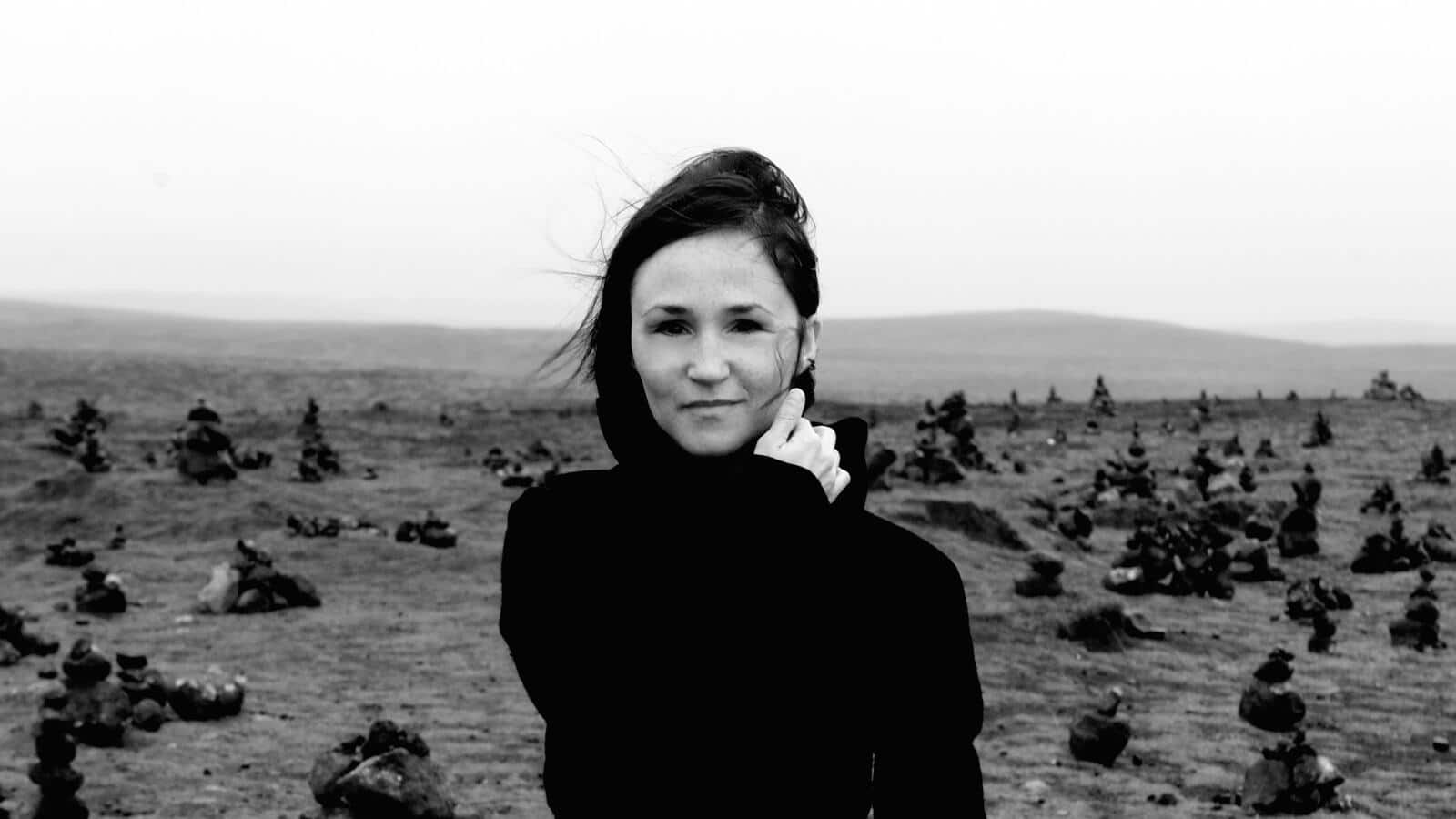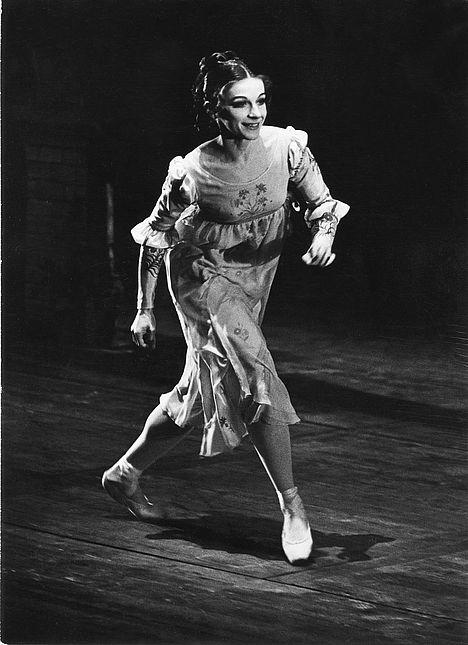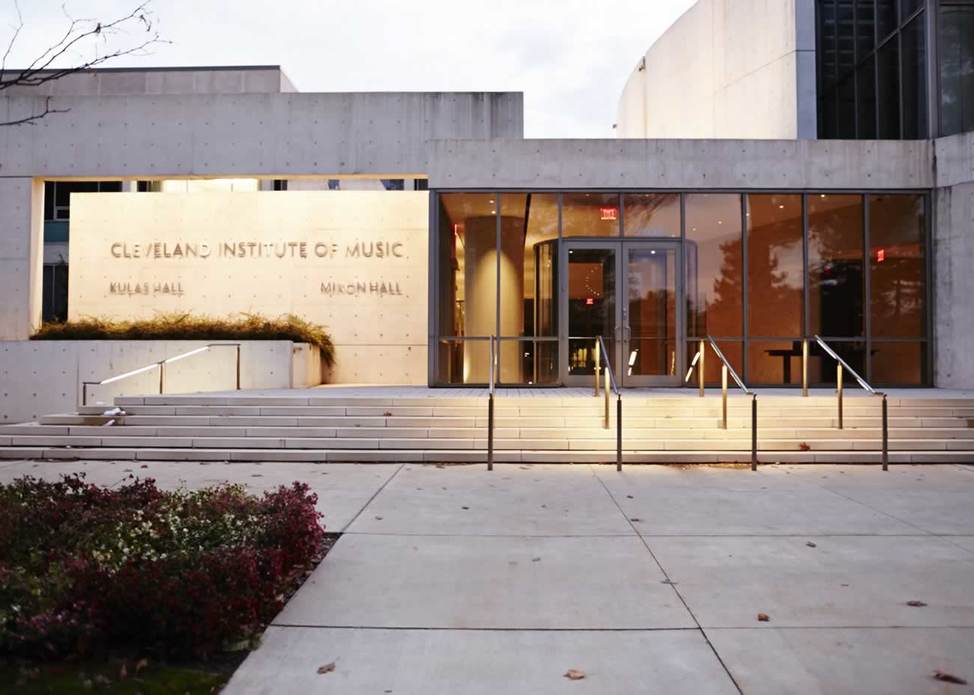Iceland and US composers among Berlin Phil commissions
mainThe DG-backed Icelandic composer Anna Thorvaldsdottir and the American Andrew Norman head the list of livinf composers whose work woll be played by the Berlin Philharmonic in the coming season, announced today.

The orchestra will also stage a weekend of music by the Berlin-based British composer Rebecca Saunders.






The German orchestral circuit seems to get to the stage that it begins to realise that it has to open-up to non-German new music because the homegrown variety now only offers Klangkunst, fruit of half a century of careful moral cultivation, and Klangkunst works much better in a specialist environment, performed by specialist players for a specialist audience, who during the same half century cultivated the idea that the future as imagined in the fifties of the 20th century always remains the future, forever.
The difficulty for non-German new music remains, how to maintain itself in competition with the regular repertoire – in case this will still be performed in a postcorona culture.
Anyway, it is a sign of life, as contrasted with so much local creative invention:
http://www.youtube.com/watch?v=jwlCD2y2tBA
https://www.youtube.com/watch?v=RjHSDXqgJ70
Here’s a table looking at openness of different countries to foreign opera composers, complied from an analysis of the opera world premieres in each country over a five year period:
http://opus2.org/pro/pages/oberto360.html
I’d say Germany was pretty open.
It’s different with opera. Why, I don’t know. Maybe because with new opera, it is the spectacle rather than the music which asks for attention. In orchestral performances, the music is laid naked and bare and there is nothing to look at.
Very interesting. Your work is very valuable. I wonder if the stylistic character of the premiered works was also pluralistic.
Hi William! I’ve only delved into the US vs Europe bits so far, but there are clear transatlantic differences on choices of subject matter (US: race, lgbt+; Europe: migration, relationships, …), on popularity of source (US: from life; Europe: from book, film, play).
Other aspects: relative sizes of available auditoria; willingness to commission foreign language works (which speaks volumes over the relationship of audience to artform).
There’s more info in there. I’m trying to find the time to dig around some more
Interesting. And again, thank you for your work.
Rebecca Saunders’ music is emphatically postwar modernist. She is British and has lived (or lived?) in Germany for a very long time, and has long been strongly supported there.
The reason for her relocation and the support she found in Germany, is clear:
https://www.youtube.com/watch?v=EITDUJ–pj8
For Germans, Klangkunst is the farthest removed from what Hitler liked, and it is filled to the brim with neurotic, morbid self-destruction, which can easily be experienced as guilty hand-wringing, so it perfectly answers two postwar needs: symbolism of adapting to the Western, modern world of Progress, and admission of terrible, evil Guilt for which grave atonement torture has to be continued forever. Klangkunst liberates Germans from historic guilt.
And since the classical tradition has been safely locked-up in the glass boxes of history, even including Evil Wagner, it can be safely enjoyed as historical artifacts without too much worry about the destruction of once of the greatest musical traditions Germany has contributed to the world of culture.
Andrew Norman?!
There are so many American composers out there besides Norman that the Berlin Philharmonic, or any European orchestra, should look into, ranging from well-known composers such as Jennifer Higdon, Jeffrey Mumford, Arlene Sierra, Melinda Wagner, Michael Abels, Derek Bermel and Augusta Read Thomas, to up-and-coming voices like Quinn Mason and Jessie Montgomery, to near unknown composers such as Jesse Ayers, Gary Powell Nash and Avrohom Leichtling.
American and European conductors should go further than Gershwin, Ives, Copland, Barber, Bernstein and the Three Johns (Adams, Corigliano and Williams). There are too many excellent composers from the past and present that deserve wider exposure in Europe.
There are also too many European composers from the past and present that deserve wider exposure in Europe.